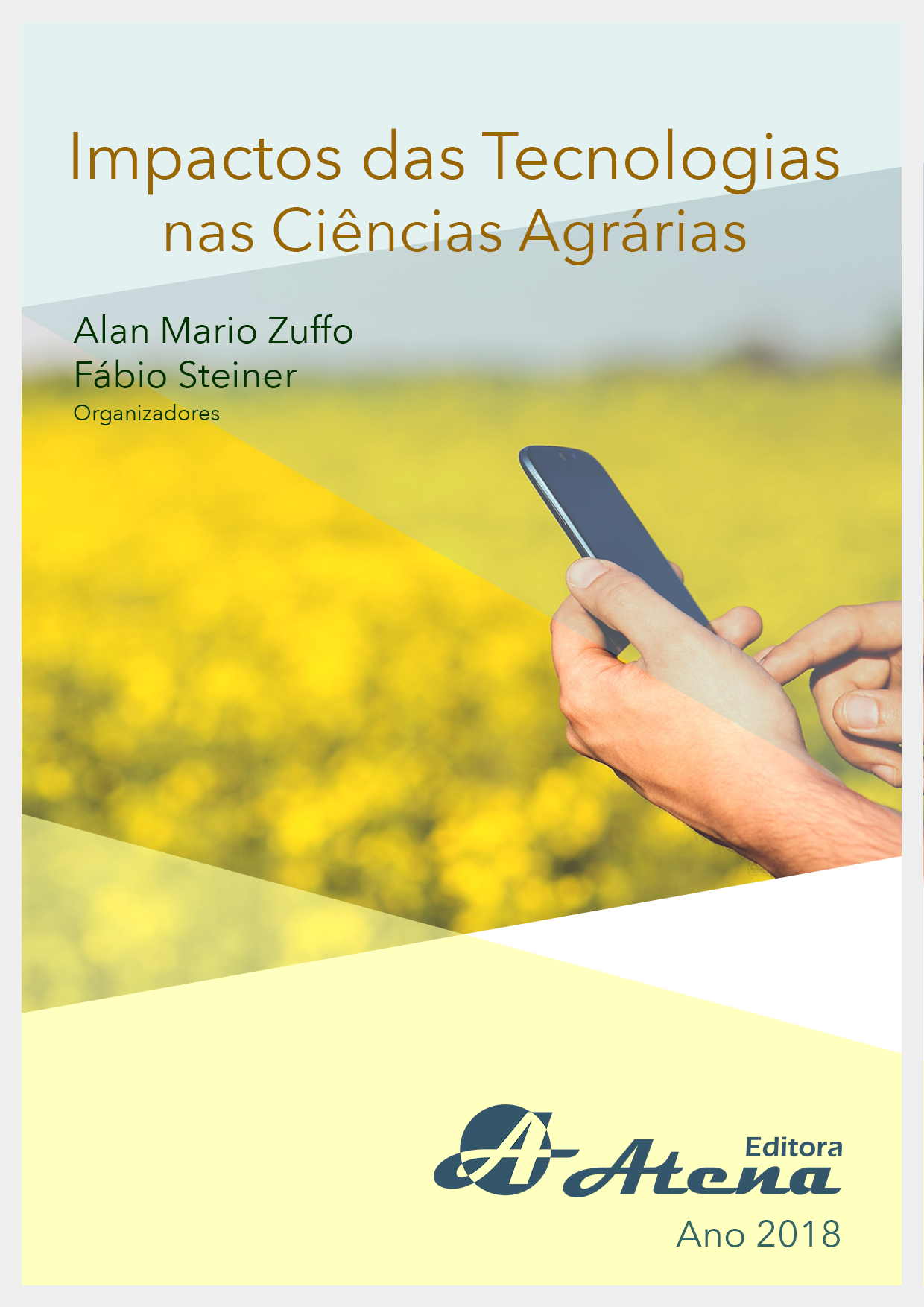
PRÁTICAS EDUCATIVAS NA UTILIZAÇÃO DE HERBICIDAS NA ABACAXICULTURA
Esta pesquisa foi realizada no Instituto
Federal de Educação do Pará – IFPA, Campus
Conceição do Araguaia, com trinta estudantes,
sendo quinze do curso de Gestão Ambiental
e quinze do curso de Agronomia, no ano letivo
de 2015. O objetivo principal foi desenvolver e
avaliar práticas educativas sobre o uso racional
de herbicidas na abacaxicultura, cultura de
destaque do município em estudo. Acreditamos
que o currículo escolar agrícola deve proporcionar
a formação dos discentes em três dimensões
básicas: produção sustentável; fixação do homem
no campo; conservação e recuperação ambiental.
Utilizamos uma metodologia de pesquisa qualiquantitativa,
culminando com a aplicação de
questionários com perguntas abertas e fechadas.
Foram aplicados 30 questionários inicialmente
separando os grupos participantes e não
participantes; 30 questionários com os produtores
rurais de abacaxi e 30 questionários na etapa
final de projeto, com o grupo de estudantes
participantes. Para avaliação das questões
aplicadas aos discentes, foram realizados préteste
e pós-testes. Para análise qualitativa foram
aplicados mapas conceituais com os agricultores,
como ferramenta de ensino e aprendizagem.
Na análise quantitativa foram utilizados testes
paramétricos (ANOVA e Teste de Tukey) e não
paramétricos (Kruskal-Wallis e Teste de Dunn). Ao
final da proposta metodológica foi realizada uma
exposição de embalagens vazias de agrotóxicos,
como forma de sensibilizar a comunidade discente
sobre o potencial de danos ambientais e para a
saúde de moradores da região.
PRÁTICAS EDUCATIVAS NA UTILIZAÇÃO DE HERBICIDAS NA ABACAXICULTURA
-
DOI: Atena
-
Palavras-chave: Meio Ambiente, Ensino- Aprendizagem, Interdisciplinaridade, Conservação Ambiental.
-
Keywords: Environment, Teaching-Learning, Interdisciplinarity, Environmental Conservation.
-
Abstract:
This research was carried out at
the Federal Institute of Education of Pará -
IFPA, Conceição do Araguaia Campus, with
thirty students, fifteen from the Environmental
Management course and fifteen from the
Agronomy course, in the academic year 2015.
The main objective was to develop and evaluate
educational practices on the rational use of
herbicides in pineapple farming, a prominent crop
of the municipality under study. We believe that
the agricultural school curriculum should provide
the training of students in three basic dimensions:
sustainable production; fixation of man in the field; conservation and environmental recovery.
We used a qualitative-quantitative research methodology, culminating in the application of
questionnaires with open and closed questions. 30 questionnaires were initially applied
separating the participating and non-participating groups; 30 questionnaires with rural
pineapple producers and 30 questionnaires in the final project stage, with the group of
participating students. For the evaluation of the questions applied to the students, pre-test
and post-tests were performed. For qualitative analysis, conceptual maps were applied to
farmers as a teaching and learning tool. Parametric tests (ANOVA and Tukey’s test) and nonparametric
tests (Kruskal-Wallis and Dunn’s test) were used in the quantitative analysis.
At the end of the methodological proposal an exhibition of empty pesticide containers was
carried out as a way to sensitize the learning community about the potential of environmental
damages and the health of residents of the region.
-
Número de páginas: 15
- Laryany Farias Vieira Fontenele


